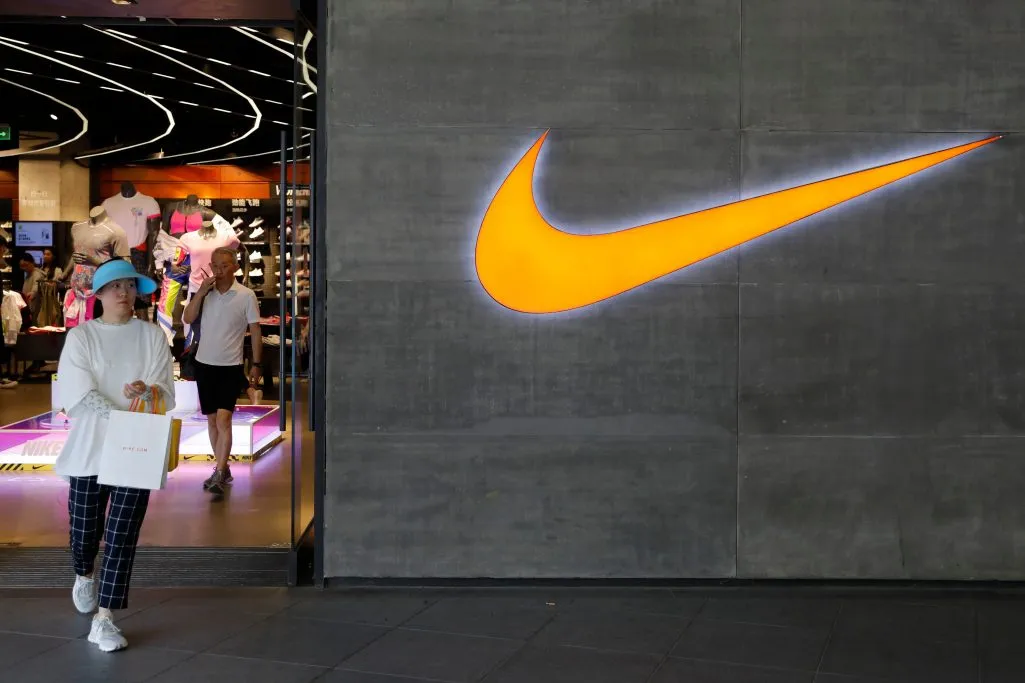Nike and Sky ads banned over online tactics
3 min read

Recent advertising campaigns from sportswear leader Nike and broadcaster Sky have been prohibited due to their potentially misleading tactics, which could prompt customers to spend more than they intended.
Nike’s advertisement, featured on social media, initially presented trainers priced at £26. However, upon clicking the ad, consumers discovered this price was only applicable to children’s sizes. This led to confusion and disappointment, as many shoppers assumed the offer applied to a broader range of sizes.
Sky’s advertisement for the Now TV service failed to adequately disclose that a free trial would automatically renew into a paid subscription unless canceled. This lack of clarity raises concerns about transparency in advertising practices.
The Advertising Standards Authority (ASA) has launched a crackdown on these types of online ads, labeling their tactics as misleading. Both companies have defended their advertising methods. Nike’s ad included attention-grabbing emojis, such as an exploding head and a black heart, which aimed to emphasize the perceived value of the deal.
The ASA highlighted that the use of these visuals might lead consumers to expect significant discounts, mistakenly believing the trainers were available in various sizes. In reality, the trainers were only offered in UK sizes 3 to 6. Furthermore, because children’s shoes are exempt from VAT, the advertised price was less favorable than it appeared.
Following complaints, the ASA is scrutinizing how brands employ “online choice architecture.” This term refers to strategies that encourage users to click on ads while obscuring or delaying vital information until later stages of the buying process. Techniques commonly categorized as “dark patterns” can include additional fees revealed during the purchase, known as “drip pricing,” and tactics that obscure price clarity.
Consumer advocacy group Which? noted last year that such “dark patterns” often leave shoppers feeling manipulated and can sometimes lead to financial losses.
In the case of Sky, the ASA took issue with how subscription options were presented for its Now TV streaming service. Customers signing up were automatically enrolled in free trials for Cinema and Boost services, which would renew into paid subscriptions unless canceled after the seven-day trial period. While the terms of the free trial were technically stated, the ASA criticized their presentation. The information was displayed in smaller text and less noticeable colors, placed beneath the button to proceed, making it easy for users to overlook.
Sky defended its advertising by asserting that the layout was clear and that the concept of a seven-day free trial is widely understood, therefore not misleading.
Nike, on its part, claimed that the controversial ad was created by The Sole Supplier, an online footwear retailer, without any input from Nike itself. Nonetheless, the company maintained that a reasonable consumer would recognize some limitations on availability.
The ASA has also recently banned an advertisement from the meal replacement company Huel, marking the third ad of theirs to be prohibited in just two months. The ASA stated that the health claims and assertions of cost savings in Huel’s advertisement were not adequately substantiated.
These recent actions by the ASA reflect a growing concern over the tactics used in online advertising, particularly those that may mislead consumers. As brands increasingly utilize digital platforms for promotion, transparency in advertising practices becomes essential for maintaining consumer trust. The bans imposed on Nike and Sky serve as a reminder for companies to ensure that their marketing strategies are both clear and honest, preventing potential misunderstandings and protecting consumer interests.